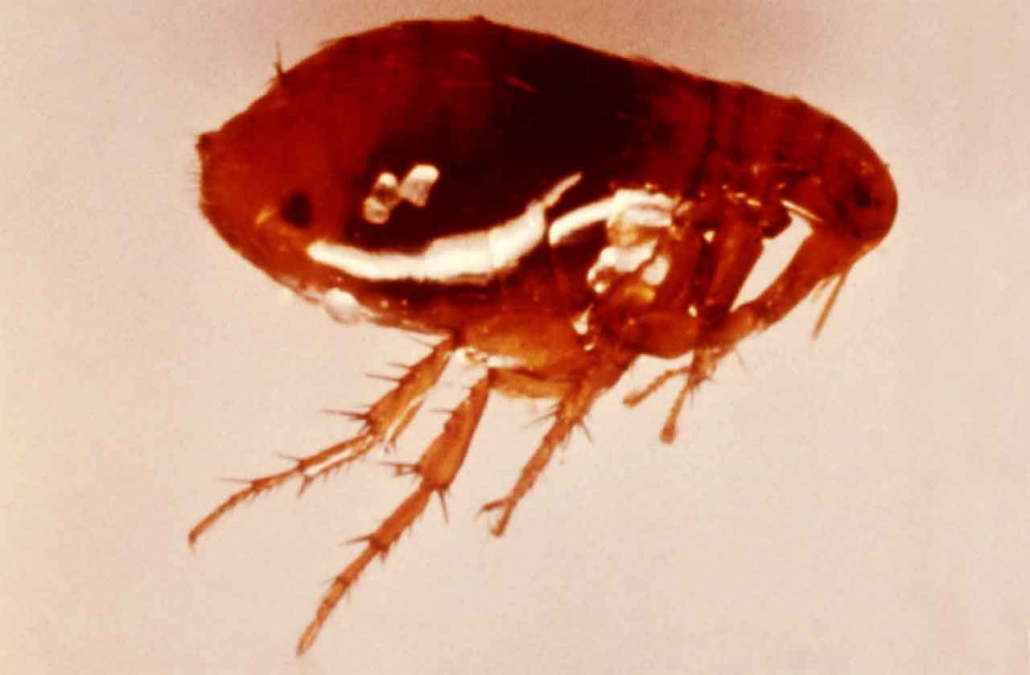Fleas in my house: how do I beat these pests?
Fleas are wingless biting insects that feed mainly on blood, they are found on animals in general, cats, dogs, rabbits and sometimes on humans.
About chips
It is noted that each flea has its host of preference so the fleas found on the cat are not those found on the dog.
Under favorable conditions, female fleas lay about 20 to 50 eggs per day, once laying is complete the eggs fall to the ground and after a few days larvae emerge.
These larvae feed on organic debris left by hosts and tend to flee light; they hide under carpets, sofas and floor crevices.
Once they have finished growing, the larva weaves a cocoon in which the pupa forms which will then give birth to an adult flea; it will remain in its cocoon until the conditions are favorable for its release (high temperature, presence of a host nearby).
Problems related to the presence of chips
Pulicosis is an infestation of fleas, it is the cause of several ailments in animals and humans. Among these ailments are distinguished:
– Itching: a flea bite is painful, a cat or dog that jumps regularly may have fleas on its body, so be aware of your pet’s change in behavior. The itching comes from the fact that the flea injects a little of its anticoagulant saliva into the body of its host in order to be able to feed easily. It is this saliva that causes the animal to itch.
– Anemia: indeed, a severe infestation of fleas can cause anemia in young animals, the same goes for a sick or old animal;
– Allergies: Allergy to flea bites is very common in animals, it is manifested by severe itching, hair loss, skin problems causing sores as well as secondary infections. The chip is the cause of a disease in cats called cat scratch disease, if it is not treated in time the animal risks transmitting it to its master. When there are a large number of fleas in your home, they may occasionally bite you causing itching, redness and pimples on the skin.
Where to attack fleas?
Fleas can be found in different places in the house:
– In baskets, animal brushes and wherever they lie;
– On seats, sofas, fabrics, cushions and sofa covers;
– On carpets, rugs, under seats and furniture;
– Fleas can also occasionally lodge in your car, most often sucking up the interior of your vehicle. Don’t forget to check your pets’ lint.
Effective Flea Treatments
To effectively control fleas, it is advisable to take good care of your home, for this:
– Regularly vacuum every corner of your home;
– Use a household flea and pet-safe spray throughout your home;
– Regularly groom your pets, plus there are anti-flea collars that you can hang around your pets’ necks to protect them from fleas.
If your pets are attacked by fleas, your home must be too. There are a variety of products to treat your pets and your home against fleas.
NB: there are specific anti-flea sprays for each animal; it is advisable never to use a dog spray on cats and vice versa without the advice of a veterinarian.
Although there are do-it-yourself solutions, the best way to treat a flea infestation is to call an expert pest control expert, if you think you have a flea problem do not hesitate to call us. , our company has solutions such as: vaccines, dewormers, sprays and many other methods to help you fight against these pests.

